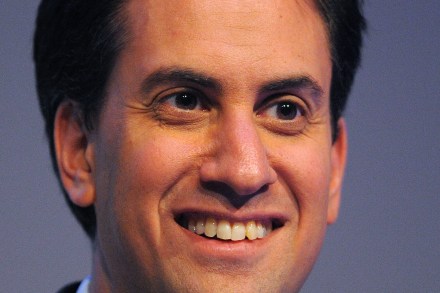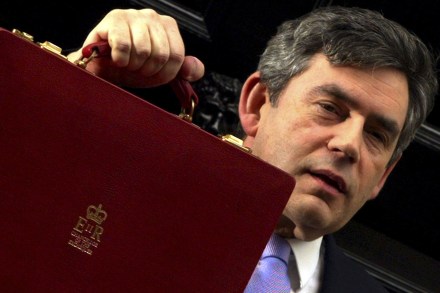Cameron hints at child benefit taper
David Cameron’s comments to The House magazine on child benefit are causing quite a stir this morning. The Telegraph splashes on the PM’s line that ‘Some people say that’s the unfairness of it, that you lose the child benefit if you have a higher rate taxpayer in the family,’ he said. ‘Two people below the level keep the benefit. So, there’s a threshold, a cliff-edge issue.’ ‘We always said we would look at the way it’s implemented and that remains the case, but I don’t want to impinge on the Chancellor’s Budget.’ I suspect that what Cameron means by this is that they are looking at a taper. When one




















